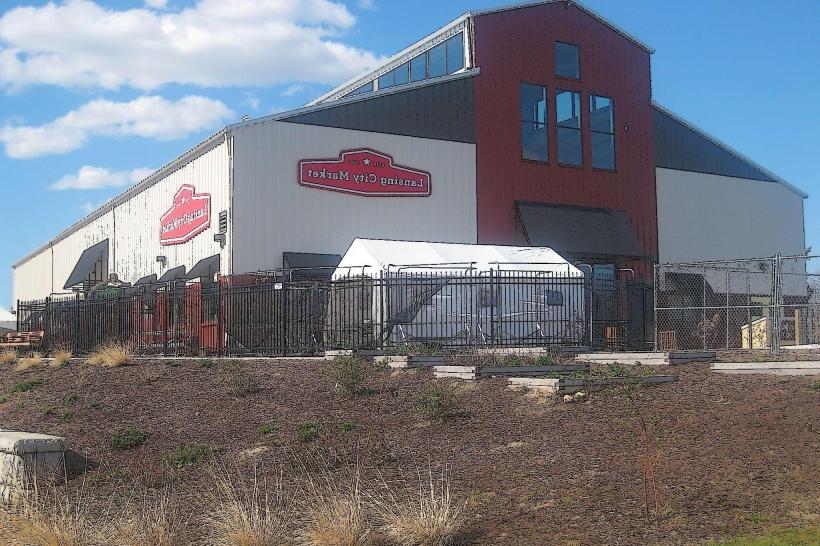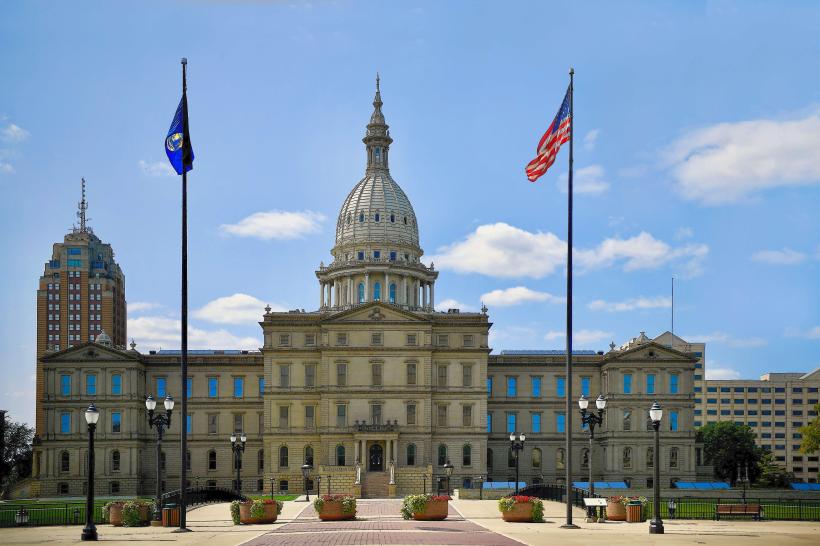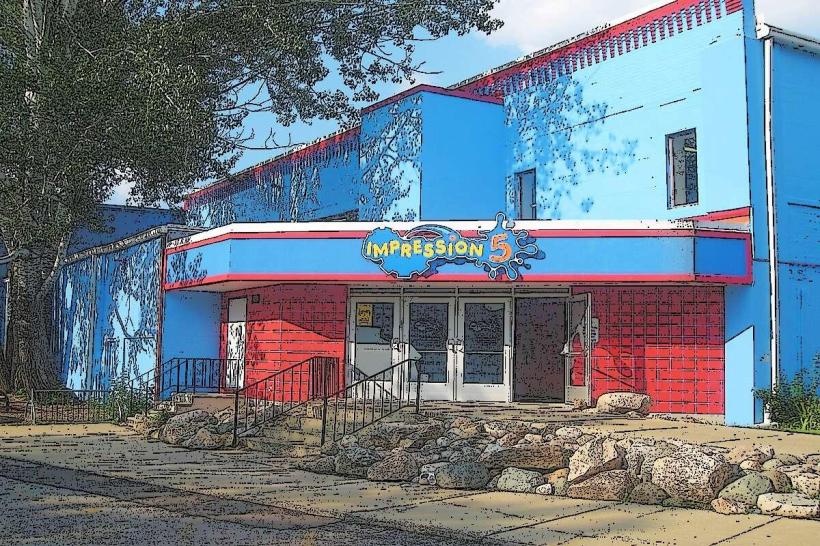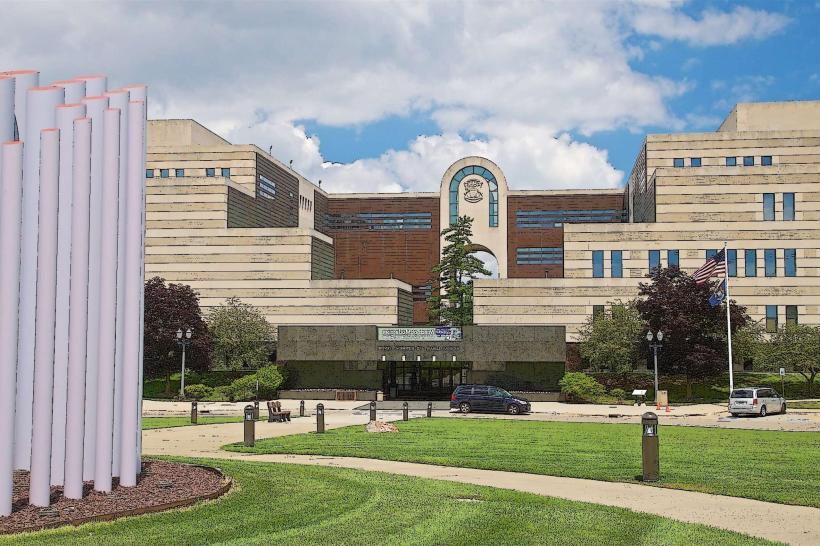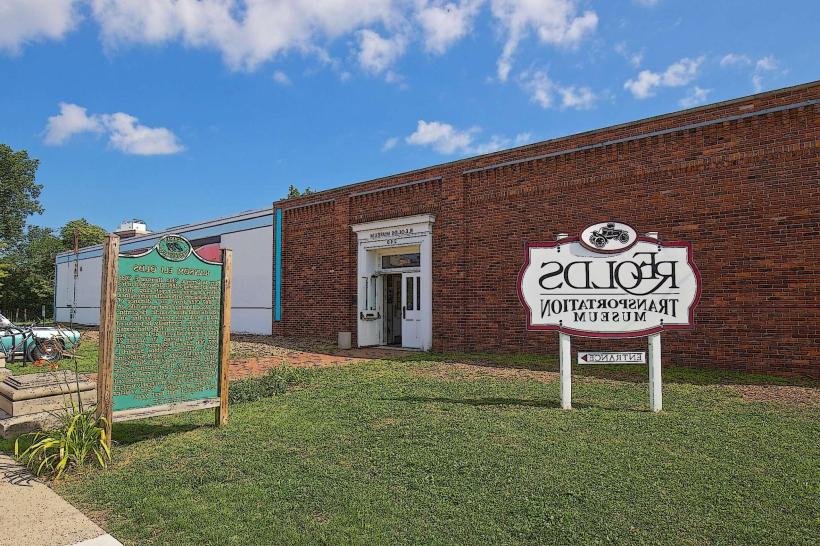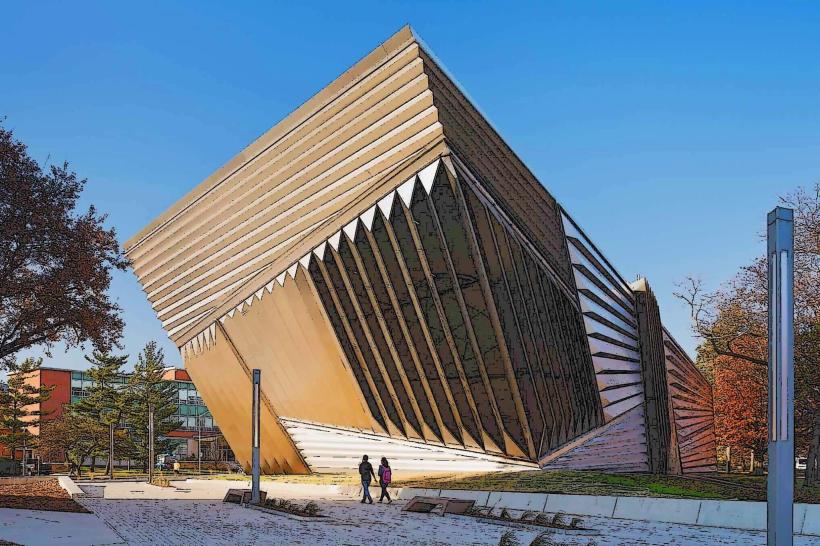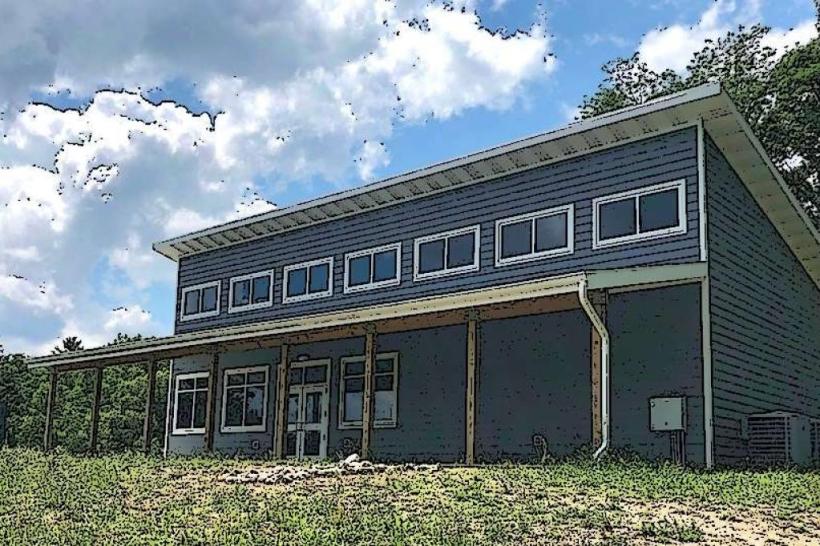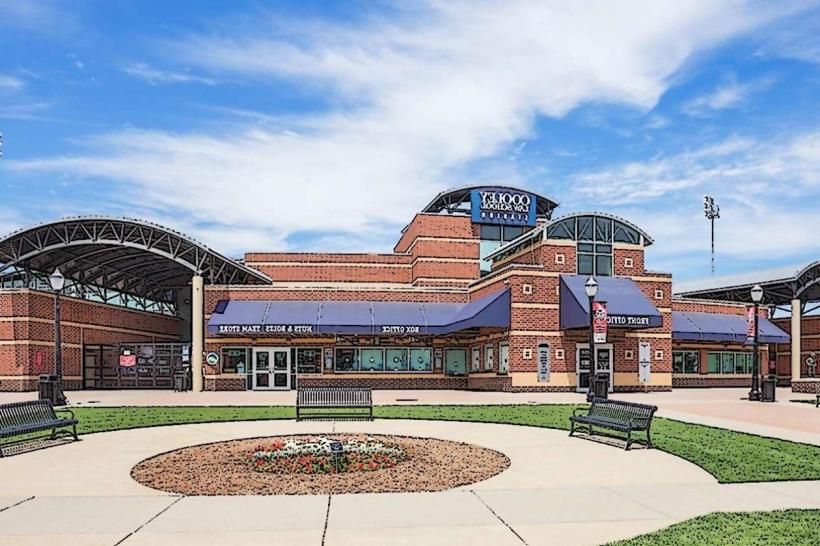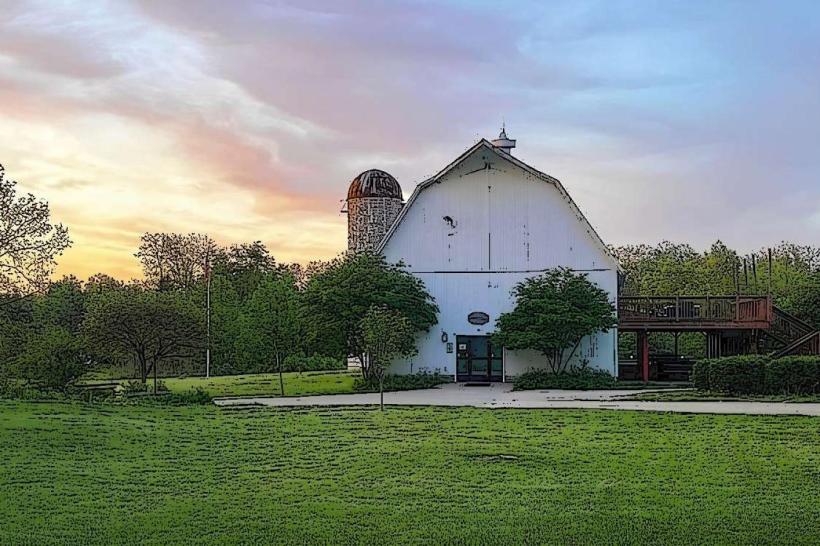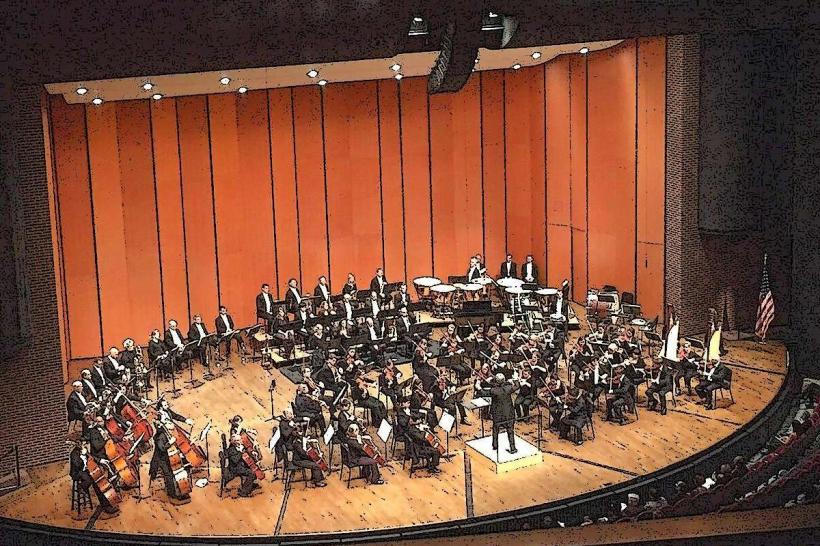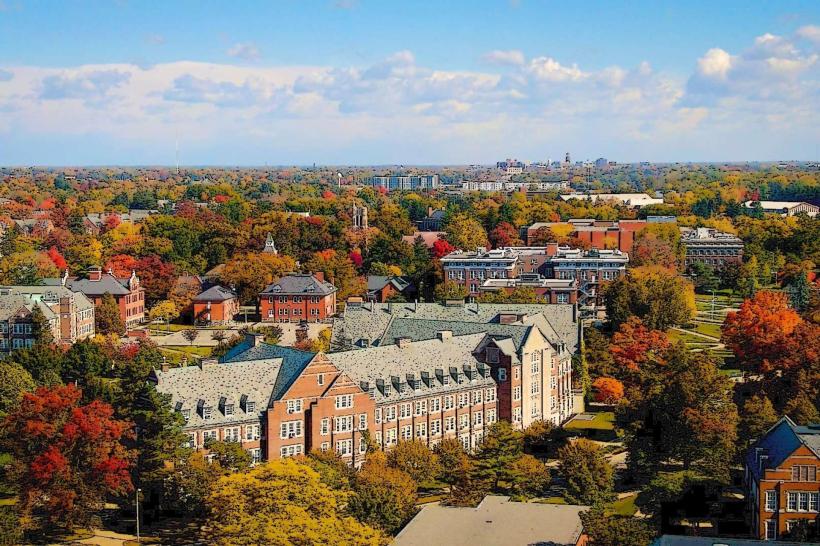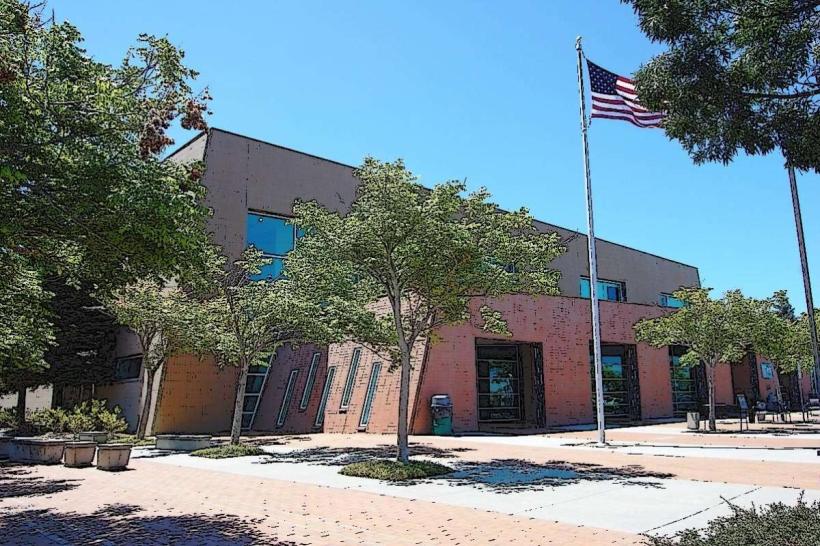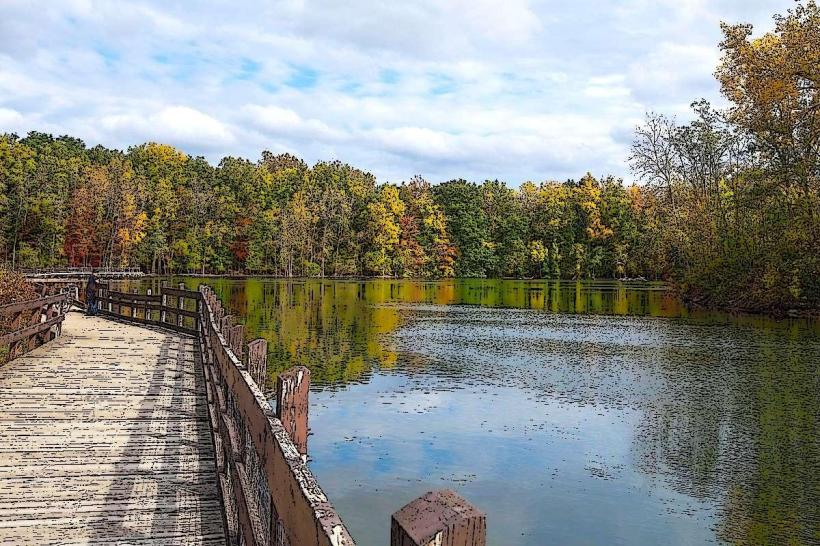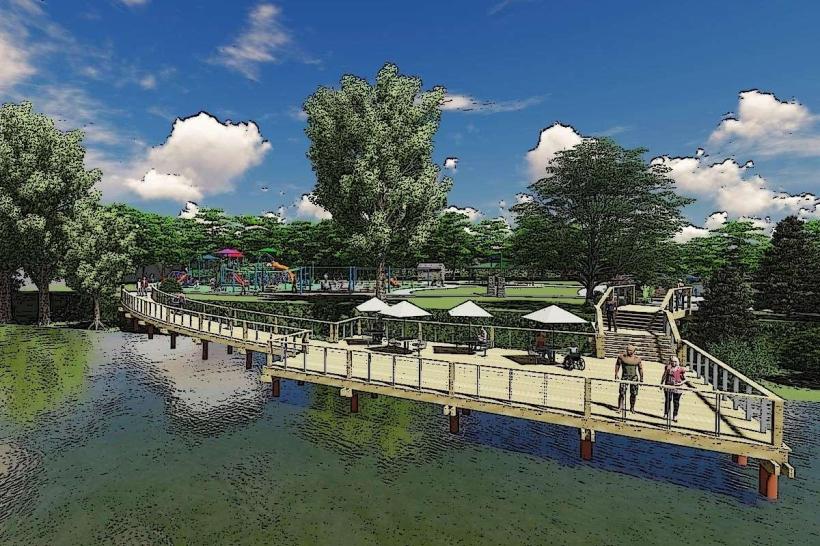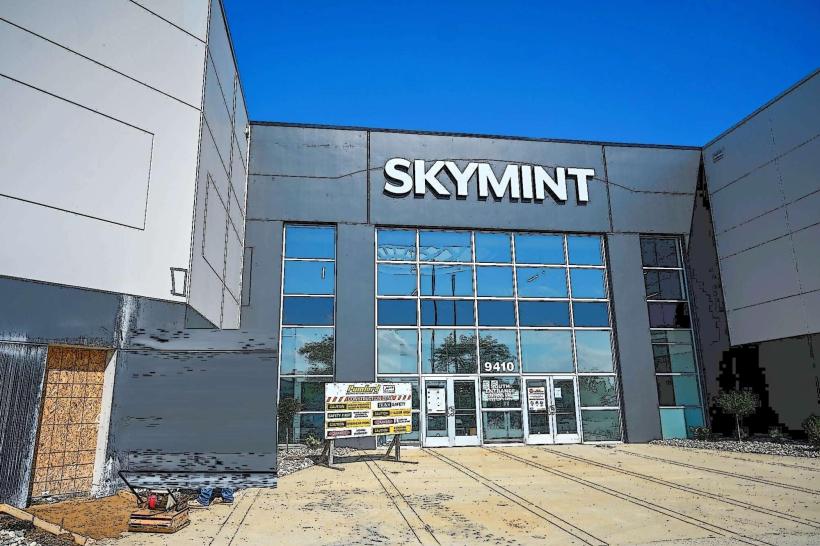Information
City: LansingCountry: USA Michigan
Continent: North America
Lansing, USA Michigan, North America
Lansing is the capital of Michigan and the only U.S. state capital that is not also a county seat (the seat of Ingham County is Mason). It is situated at the confluence of the Grand and Red Cedar rivers.
Historical Timeline
Lansing was famously founded following a 1836 "land scam" where New York speculators sold plots in the nonexistent "Biddle City." The victims who arrived found a floodplain but stayed to settle the area. In 1847, the state capital was moved here from Detroit to protect the seat of government from British naval attacks. The city became an industrial titan in 1897 with the founding of the Olds Motor Vehicle Company, making Lansing the "original" auto city, predating Detroit's dominance.
Demographics & Population
The population is approximately 112,600. The demographics are White (53%), Black or African American (23%), Hispanic or Latino (13%), and Asian (5%). The median age is 33.5 years.
Urban Layout & Key Districts
The city is divided into four quadrants by the intersection of the Grand and Red Cedar rivers. Downtown is the government core, dominated by the State Capitol. Old Town to the north is the city's oldest settlement, now a boutique arts and dining district. REO Town to the south is the historic birthplace of the auto industry, currently undergoing industrial-chic revitalization. The Eastside is a diverse residential and commercial hub bordering East Lansing and Michigan State University (MSU).
Top City Landmarks
Michigan State Capitol (National Historic Landmark)
R.E. Olds Transportation Museum
Potter Park Zoo (Michigan's oldest public zoo)
Boji Tower (The city's tallest building at 345 feet)
Transportation Network
Movement is serviced by the Capital Area Transportation Authority (CATA). The city is a hub for I-496, I-96, and I-69. Amtrak’s Blue Water line (Chicago–Port Huron) stops in neighboring East Lansing. Capital Region International Airport (LAN) provides domestic air transit. The Lansing River Trail offers 32 km of paved pathways for non-motorized transit. Traffic is moderate, peaking during legislative sessions and major MSU events.
Safety & "Red Zones"
The general safety level is moderate. Caution is advised at night in specific areas of the Southside and neighborhoods bordering the MLK Jr. Blvd and Cedar Street corridors, which experience higher rates of property crime. Common scams are infrequent, usually involving unauthorized "Capitol tour" solicitations or fraudulent rental listings in the Eastside student corridors.
Digital & Financial Infrastructure
Internet speeds average 300 Mbps with fiber-optic availability via MetroNet, AT&T, and SpartanNet. Main mobile carriers are Verizon, AT&T, and T-Mobile. Card acceptance is universal. ATMs are concentrated in the downtown government district and the Frandor Shopping Center.
Climate & Air Quality
Temperatures range from -8°C to 0°C in winter and 18°C to 28°C in summer. Air quality is consistently high. Specific weather risks include river flooding (Grand River) and heavy snowfall. The city is projected to see a significant increase in high-heat days (over 32°C) by 2050.
Culture & Social Norms
The standard tipping percentage is 18–25%. A handshake is the standard greeting. Dress codes are "State-Casual" or "Government-Professional." Smoking is prohibited in all public indoor spaces. The city is culturally defined by the "Big Ten" influence of nearby MSU and a strong labor/union heritage.
Accommodation Zones
Downtown: Recommended for walking access to the Capitol, museums, and the Grand River.
East Lansing / Trowbridge: Recommended for proximity to the university, nightlife, and Big Ten athletic events.
Local Cost Index
1 Espresso: $4.25 (USD)
1 Standard Lunch: $15.00 (USD)
1 CATA Bus Fare: $1.25 (USD)
Nearby Day Trips
Michigan State University (5 km)
Grand Rapids (105 km)
Detroit (145 km)
Frankenmuth (Bavarian Village) (105 km)
Facts & Legends
Lansing is the birthplace of the Oldsmobile and the place where the term "Rosie the Riveter" was inspired by resident Geraldine Doyle. Historically, the band REO Speedwagon took its name from the REO Speed Wagon truck manufactured here. A local legend involves the "Screaming Tunnel" near Grand River Avenue, where residents claim to hear echoes of a 1940s accident at midnight, and the "House of the Future," a 1964 concrete landmark with 11-foot windows and a lagoon.

